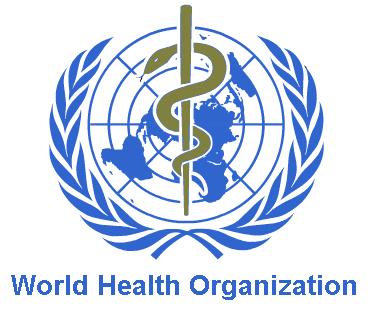
The World Health Organization (WHO) chief, Tedros Adhanom Ghebreyesus, said on Friday that there is an urgent need to address the financing gap to provide COVID-19 vaccines for everyone and everywhere.
In an appeal for stepped-up funding to support poorer countries, Dr Tedros said “this week, the United Kingdom began the rollout of a vaccine developed by pharmaceutical companies, Pfizer and BioNTech, and more nations are expected to follow suit very soon”.
Tedros, speaking during his regular briefing from Geneva, Switzerland, said: “To have safe and effective vaccines against a virus that was completely unknown to us only a year ago is an astounding scientific achievement. But an even greater achievement would be to ensure that all countries enjoy the benefits of science equitably”.
The international community has established a mechanism, known as the COVAX Facility, aimed at ensuring all countries will have equal access to any vaccines, once developed.
Nearly 190 countries are participating, and the goal is to deliver two billion doses by the end of 2021.
Tedros said there is an immediate funding gap of US$4.3 billion to procure vaccines for the most needy countries.
“I urge donors to fill this gap quickly so that vaccines can be secured, lives can be saved and a truly global economic recovery is accelerated”.
The WHO chief also called on world leaders to translate political commitment for equitable vaccine access into action. Meanwhile, the UN agency and its partners are helping countries to strengthen their supply chains in preparation for delivery.
Tedros reported that nearly one billion doses of three vaccine candidates have already been secured, and further deals will be announced in the near future.
Evaluation of the first requests from countries eligible for assistance under the COVAX Facility is also underway.
WHO will soon be making its own determination as to whether some COVID-19 vaccines will be ready for rollout, a senior official said on Friday in response to a journalist’s question.
Several manufacturers have been submitting trial data to the WHO for emergency-use licensing.
Chief Scientist, Dr. Soumya Swaminathan, said only those with Phase 3 clinical trial results would be considered.
“We started with the Pfizer dossier; we expect also to have the Moderna followed by the AstraZeneca dossiers examined in the next few weeks; and we will be coming out with the decision whether it is receiving an emergency use license or not”.
Dr. Swaminathan added that WHO is working with the International Coalition for Medical Regulatory Agencies (ICMRA) “to speed up things further”. Several national regulators have also volunteered to assist with the assessments.
Her colleague, Dr. Bruce Aylward, WHO Senior Adviser, explained that these processes were established to meet the goal of providing vaccines for all.
“We are indeed looking at these products though the WHO Emergency Use Listing Procedure. At the same time, we have an exceptional procedure in place where some products that are approved by what we call a stringent regulatory authority, can also be considered by the COVAX Facility, so there will be no barrier to the speed with which these products could potentially be used globally”.
Going forward, Dr. Swaminathan recommended that countries will need to have national vaccination plans and related communications strategies in place.
It is important for authorities to explain the deployment process to citizens “because things are happening extremely fast and people are anxious for information”.
She said surveys indicate that most of the world’s population want a COVID-19 vaccine, but at the same time, many do have questions concerning the process.
Given that doses initially will be in limited supply, the public also needs to understand why priority will be given to frontline workers, the elderly and other at-risk groups.
“And the more open and transparent we can be, the more likely it is that people will have the trust and confidence and would not only want to take the vaccine, but would also be patient and wait for their turn”.
WHO is working with countries to better define COVID-19 re-infection and how often it occurs.
Laboratories in several countries have detected that some people who have had the disease, have gone on to be infected again.
“It doesn’t seem to be happening very often, but we can’t quantify that at the current moment”, said Dr. Maria van Kerkhove, an epidemiologist and WHO Technical Lead on COVID-19.
Meanwhile, health experts continue to understand more about long-term COVID-19, which is different from re-infection.
Dr. van Kerkhove said “Long COVID” is when a person develops a mild case of the disease and seems to slightly recover, but then suffers longer-term impacts.
“We are learning more and more about what Long COVID is, in terms of the effects on the body. It seems to affect many different organ systems. It’s not just a respiratory illness of two weeks. It seems to persist for months”. (PANA)
